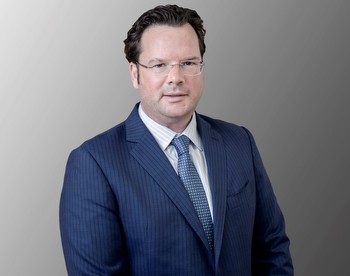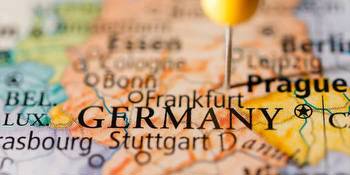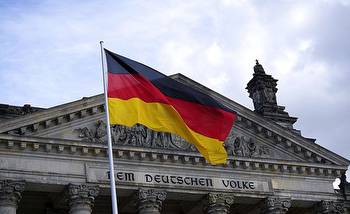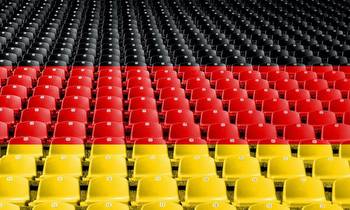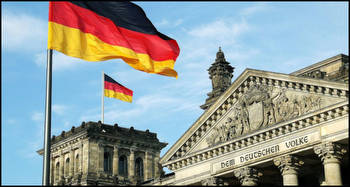Study Reveals Half of Germany’s Online Gambling Happens on Unlicensed Sites
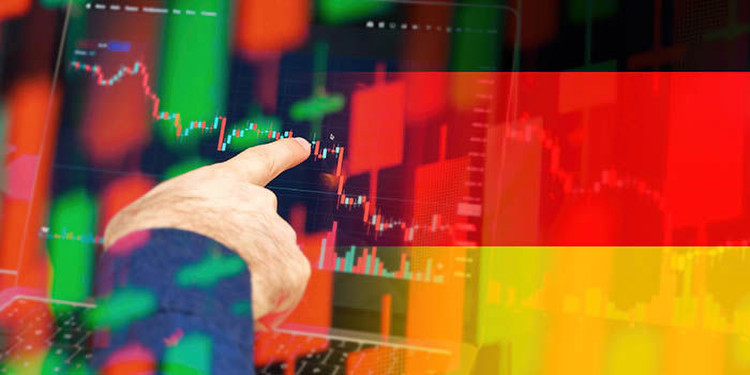
Image Source: Shutterstock.com
A recent study commissioned by the German Online Casino Association (DOCV) and the German Sports Betting Association (DSWV) and conducted by economist Gunther Schnabl from the University of Leipzig has raised concerns about the efficacy of Germany’s online gambling regulation. Industry stakeholders have also urged for immediate changes to address some of the current regulatory deficiencies.
Regulated Operators Are at a Distinct Disadvantage
The University of Leipzig report indicates that nearly 50% of online gambling activity in Germany still occurs on unlicensed platforms despite the implementation of the State Treaty on Gambling in July 2021. The study, authored by Schnabl, identifies illegal sites as accessible from a German IP address without a VPN, available in German, and accepting German documents during registration.
According to the report, only about 50.7% of players are channeled towards licensed online gambling spaces, while approximately 28.9% of traffic heads to unlicensed EU providers and 19.9% to unlicensed offshore providers. The study estimates that the unregulated online gambling market generates three-quarters of the revenue, resulting in a substantial loss of hundreds of millions of Euros in tax revenue annually.
One of the primary reasons for the ongoing popularity of the black market is its ease of access for players. Aggressive advertising campaigns by unlicensed brands contribute significantly to their allure, while stringent restrictions on stake limits and bonuses on licensed sites have reduced their competitiveness. These factors often drive players to seek more flexible alternatives on unlicensed platforms.
Gambling Harm Is on the Rise
In response to these findings, the DOCV and DSWV have urged urgent measures to address the issue. Their action plan involves a comprehensive review of the existing regulatory framework by the German gambling regulator (GGL). Additionally, they advocate for enhanced collaboration between regulated entities, political bodies, and interest groups to create a more attractive licensed gambling environment.
Despite the German Regulator’s ongoing efforts to enhance player protection measures, a recent Gambling Atlas report revealed that 7.7% of Germans over the age of 18 experienced social, financial, or health distresses tied to their gambling addiction. Furthermore, the data highlighted that 3.3 million German adults were susceptible to gambling addiction.
Industry stakeholders have raised concerns regarding this matter since September, urging the German government to take swift measures. The ideal solution includes a revamped taxation regime, more adaptable regulations, and stricter punishments for unregulated operators. Such measures should bolster the industry’s sustainability and ensure players can access adequate protections.
Deyan is an experienced writer, analyst, and seeker of forbidden lore. He has approximate knowledge about many things, which he is always willing to apply when researching and preparing his articles. With a degree in Copy-editing and Proofreading, Deyan is able to ensure that his work writing for GamblingNews is always up to scratch.













